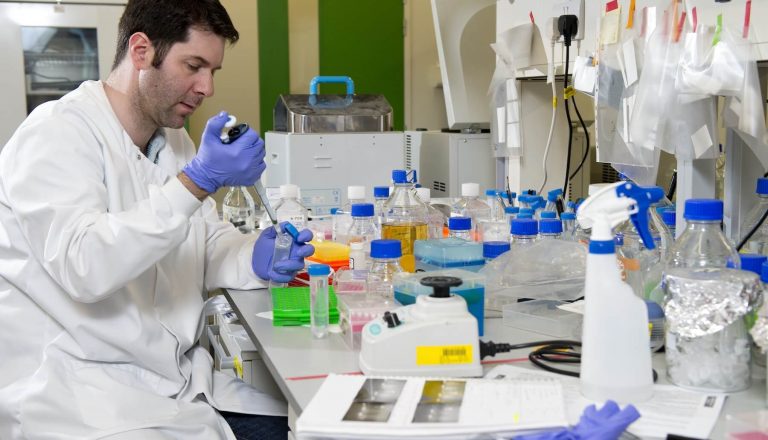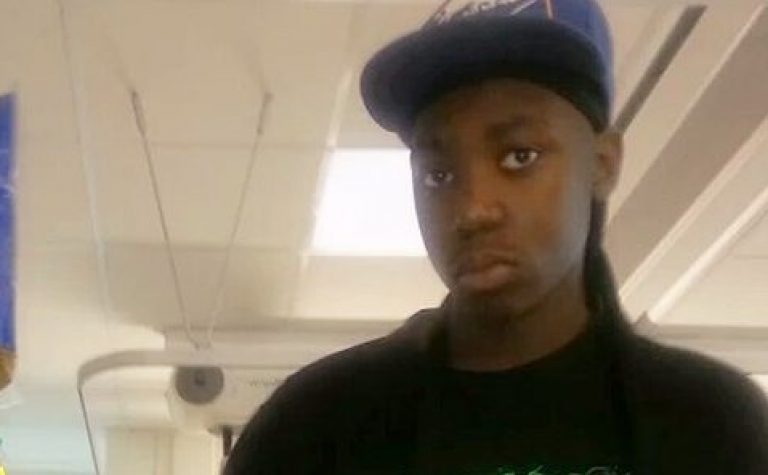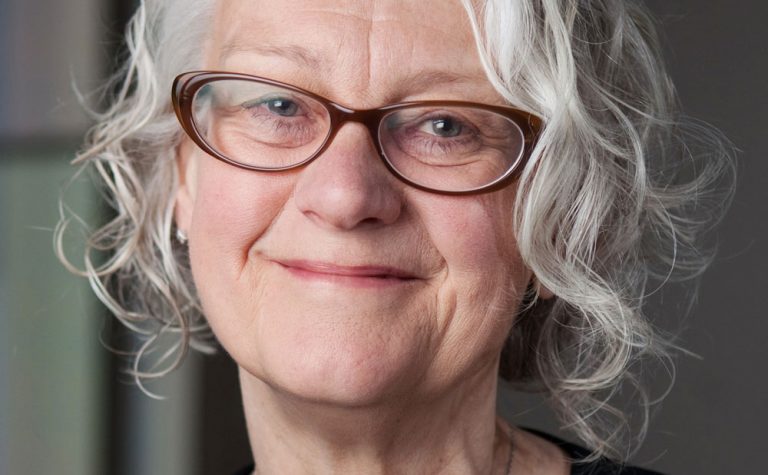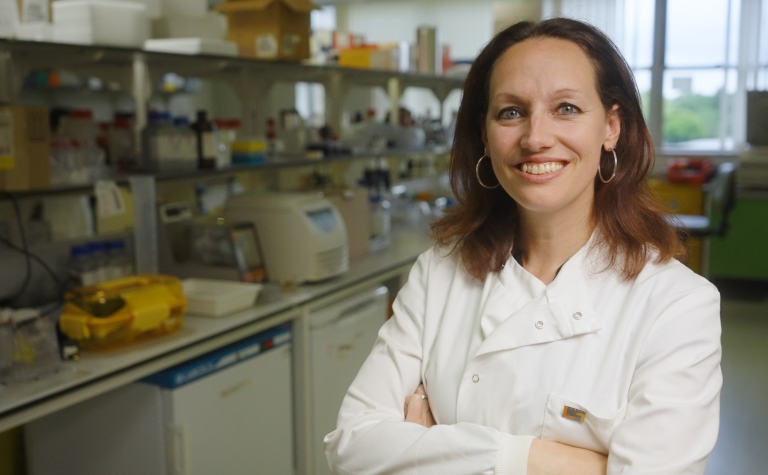In the last of a series of visits to projects around the UK, corporate supporters Coral joined us on a visit to the University of Edinburgh to find out about our research into brain tumours. On Tuesday 29th September Children with Cancer UK grant-holder, Dr Steve Pollard, hosted a fascinating visit to the MRC Centre for Regenerative Medicine in Edinburgh.



